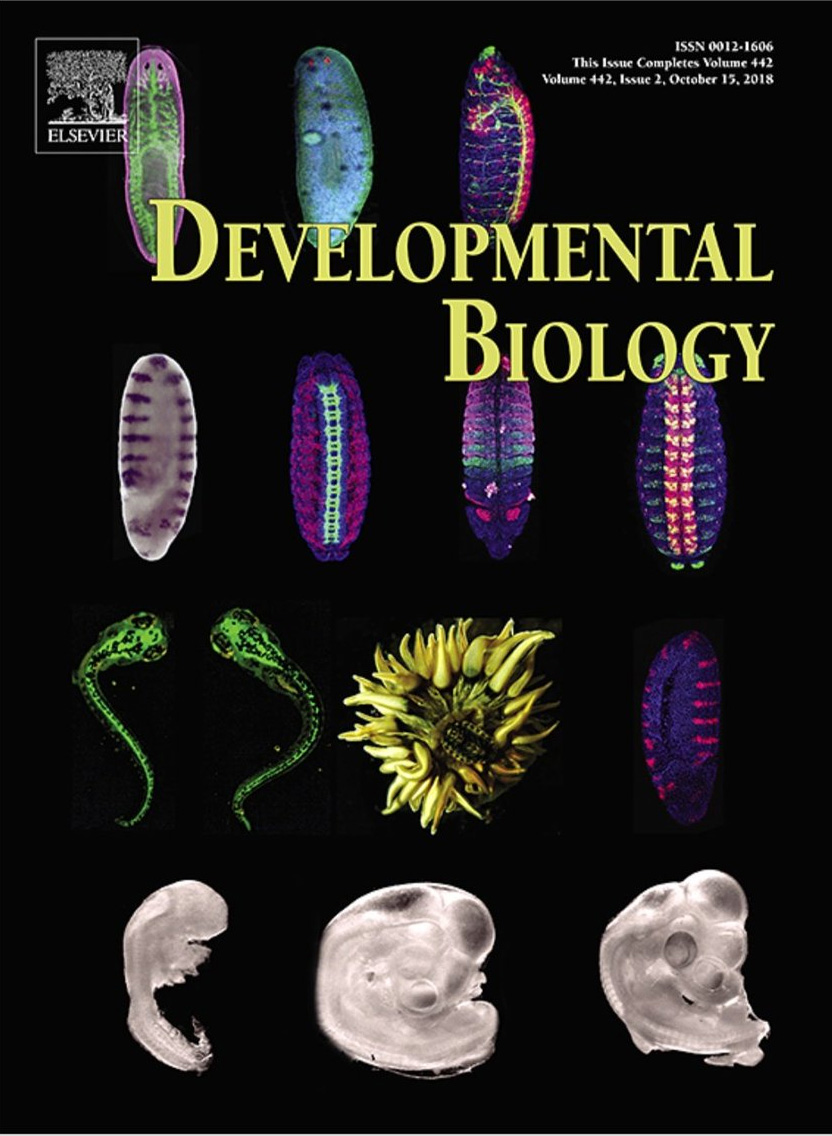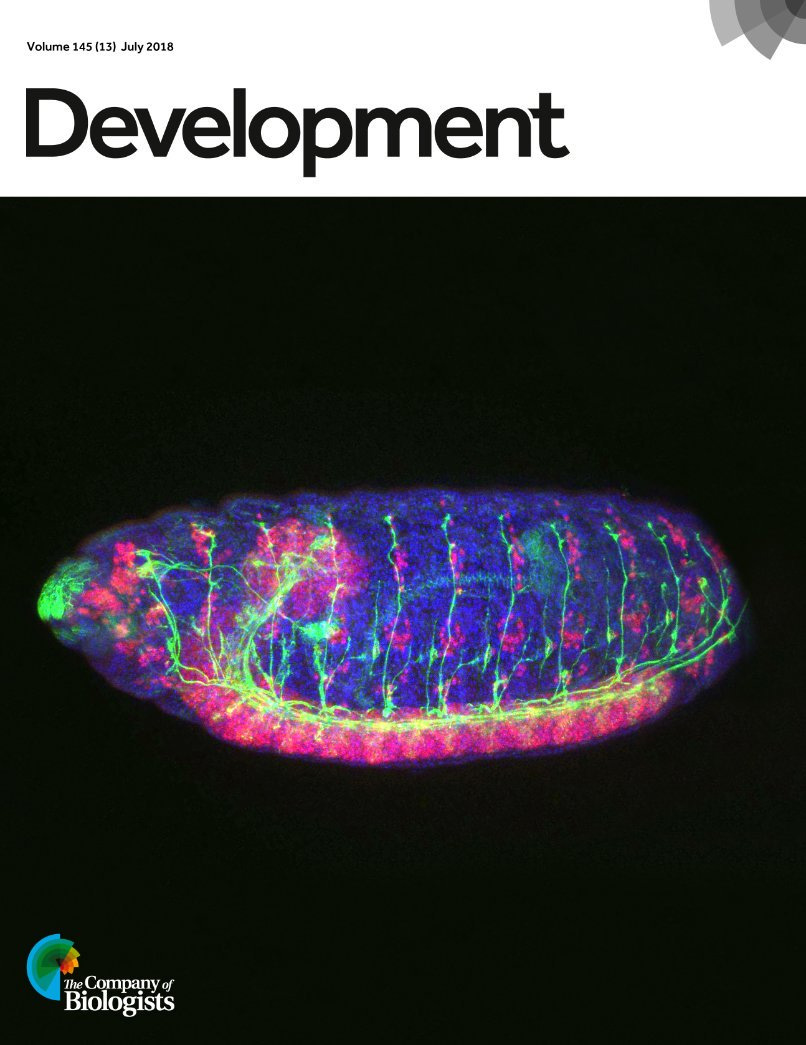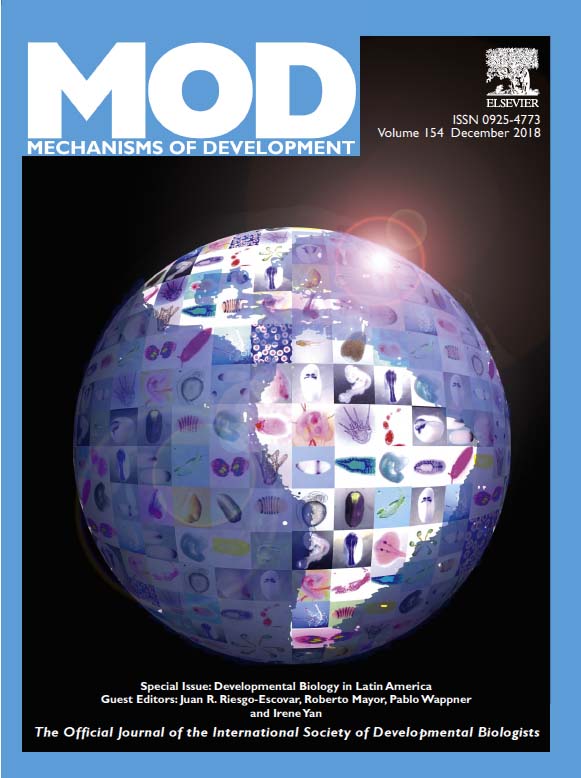History of the Course
For a detailed History of the course please see article published in The International Journal of Developmental Biology (MayorIJDB)
Although many practical courses on developmental biology have been organized in Latin America, the only one that has been maintained almost without interruption since 1999 is the biannual “Practical Course in Developmental Biology” that started in Santiago for the first time, and although the name and the location of the course has changed, its structure has remained the same throughout the years: a combination of laboratory experiments using different animal models and lectures given by world leading developmental biologists that cover the paradigms, questions, and technologies of modern developmental biology. The course normally comprises a wide variety of embryonic systems including well established models (Drosophila, zebrafish, mouse, chick, sea urchins and frogs), as well as additional models that are equally important in their own right (planarians and locally available species). This wide coverage of metazoan phylogeny allows an examination of the advantages and limitations of each animal model and helps to understand the different developmental strategies through evolution.
This first course organized by Roberto Mayor and Miguel Allende, both at the University of Chile at that time, had the strategic name of “The newest on developmental genetics” because it was easier to get funding for a course with such a name, instead of a course called simply “Embryology”. The first course started in January 1999 with students from Argentina, Chile, Mexico, Peru, Uruguay, Ecuador and one student from USA; for the 2001 version, in addition of the above countries students from Bolivia, Brazil, Colombia and Venezuela were also selected. These students were highly motivated and a network was created to keep in touch with the students and faculty that had participated in the courses. Later, this network was going to evolve into the Latin American Society of Developmental Biology (LASDB).
The first meeting of the LASDB took place in Chile in January 2003, following the third version of our course which was co-organized by Roberto Mayor (U Chile), Miguel Allende (U Chile), John Ewer (Cornel University, USA) and Katherine Whitlock (Cornel University, USA). Thus, in these three first versions of the course nearly 50 Latin American students were trained, which by 2020 more than 90% have remained in science doing research related to developmental biology. They are currently PIs in different Latin American countries (Argentina, Chile, Ecuador, Peru, Mexico, Uruguay and Colombia) and across Europe and the USA. In conclusion, this notable group of students that took this course have contributed enormously to the growth of developmental biology in Latin America.
Once the LASDB was created it was agreed that the LASDB should organize a biannual meeting together with a satellite Developmental Biology course, similar to those three previously organized in Chile, but rotating among different Latin American countries. The following courses were organized under this scheme: 2005, Juquehy, Brazil, Model Organisms and Innovative Approaches in Developmental Biology. 2008, Buenos Aires, Argentina, Frontiers in Developmental Biology: Concepts, Techniques and Model Organisms. 2010, Chile, Concepts and Model Organisms in Regenerative Biology. 2012, Montevideo, Uruguay, Systems Biology Approach to Understanding Mechanisms of Organismal Evolution.
In 2008 Roberto Mayor (UCL, UK) propose to organize a Practical course in Developmental Biology to the Dean of the Life Science Faculty at Universidad Andres Bello (UNAB), and the last and current phase of the course started in CIMARQ-Quintay with the course in 2010. Quintay has proven to be an excellent place for this course. More recently, we have established important links with the MBL (USA) in general, and with the MBL-Embryology course in particular.







